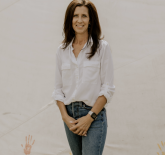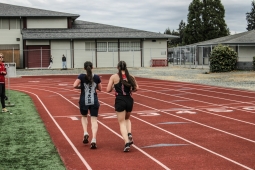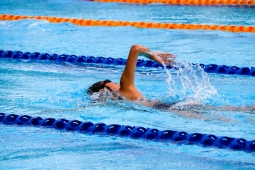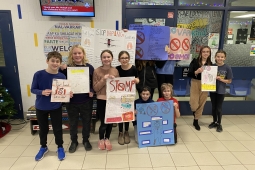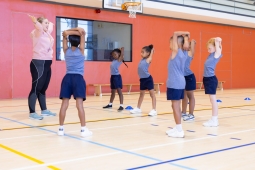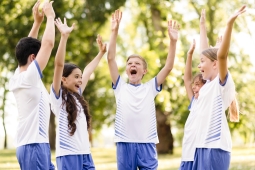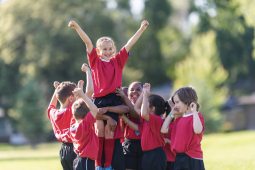The PHE Canada Podcast, Episode 6: Land as Pedagogy - A Conversation with Nbisiing Secondary School in Nipissing First Nation
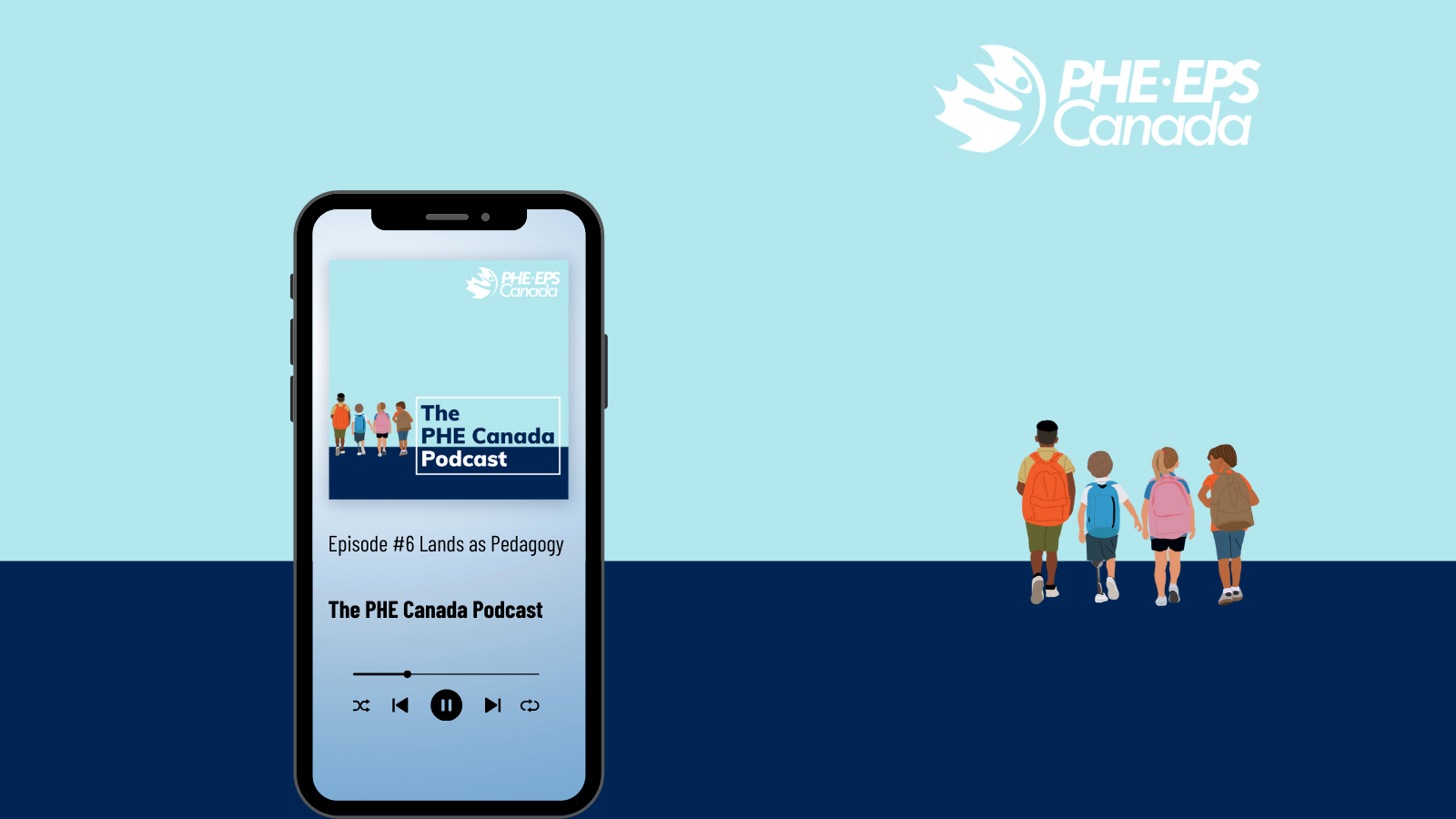
Welcome to The PHE Canada Podcast! In the sixth and final episode of this season, we speak with Daniel Stevens, Director of Education for Nipissing First Nation, and Lacy Stevens-Farrel, Nbisiing Secondary School Principal, about land as pedagogy, specifically within Nipissing First Nation.
Alongside our incredible host, Josh Read, Daniel and Lacy share their invaluable perspectives and insights on navigating the nuances of what is called land-based learning in a Canadian context, ”. We highly recommend tuning into this podcast episode as our guests open a dialogue around the learnings taking place at Nbisiing Secondary School in Nipissing First Nation and how they maintain Indigenous culture, perspectives, worldviews, and traditional ways in education. This episode dives into conversations around:
- How land-based learning is not a new methodology;
- Why relationships in their community are central to their school and teachings;
- How Nipissing First Nation and Nbisiing Secondary School are part of the larger picture of what education is, acting as a bridge between educational perspectives; and,
- Much more!
We're already gearing up for the second season of The PHE Canada Podcast where we dive deeper into more PHE topics with expert insights to expand your knowledge. Have any thoughts to share with us on the first season? Email us at [email protected]!
About Nbisiing Secondary School:
Nbisiing Secondary School is a First Nation's operated and provincially-inspected private secondary school offering a wide variety of high school courses with an emphasis on the needs and aspirations of First Nations’ students. Nbisiing Secondary School represents the new vision of Education in the Nation with emphasis on the traditions and values passed down by the Elders as well as the hopes and dreams of the learners for the future. (from Nbisiing SS's website)
Check out more from Nbisiing Secondary School:


